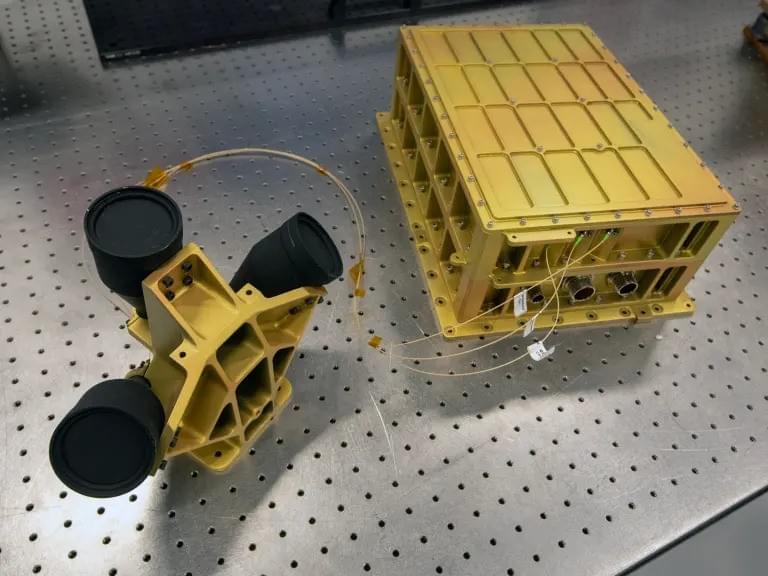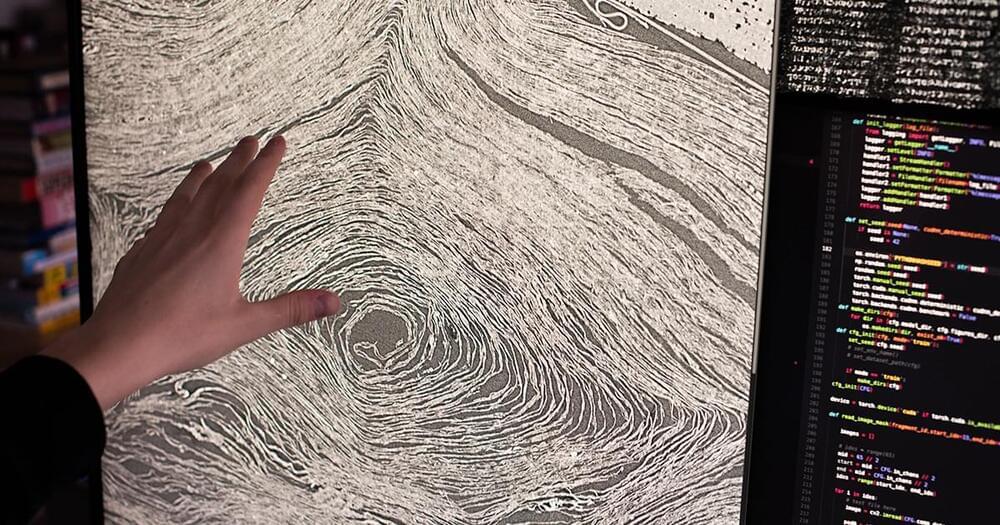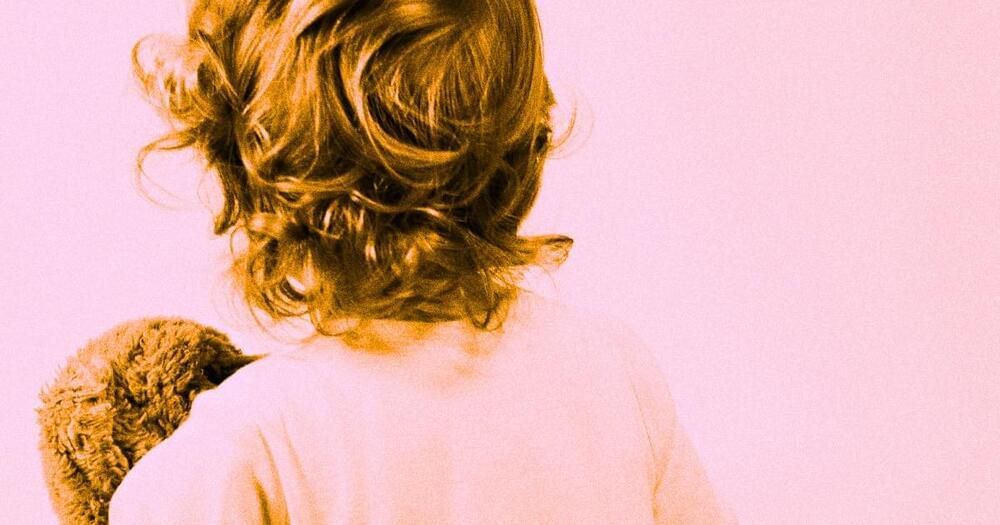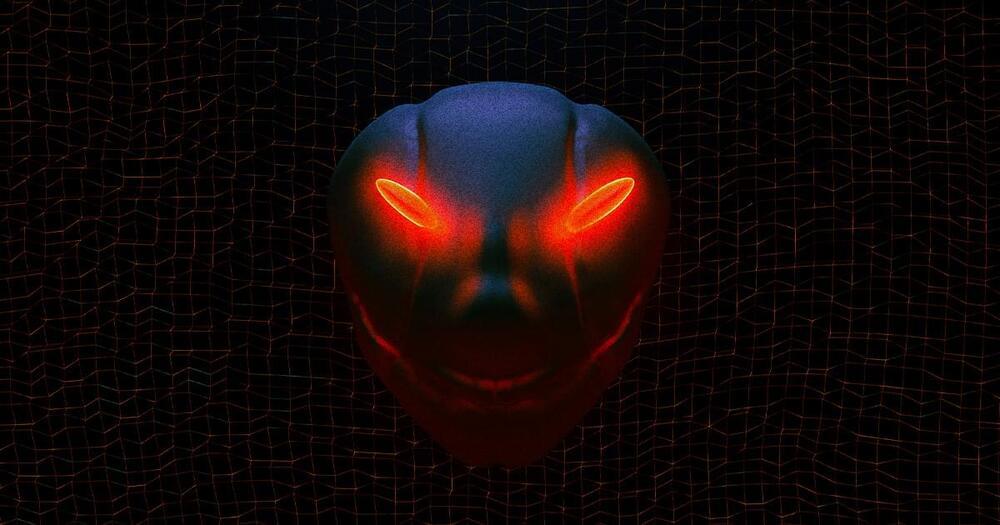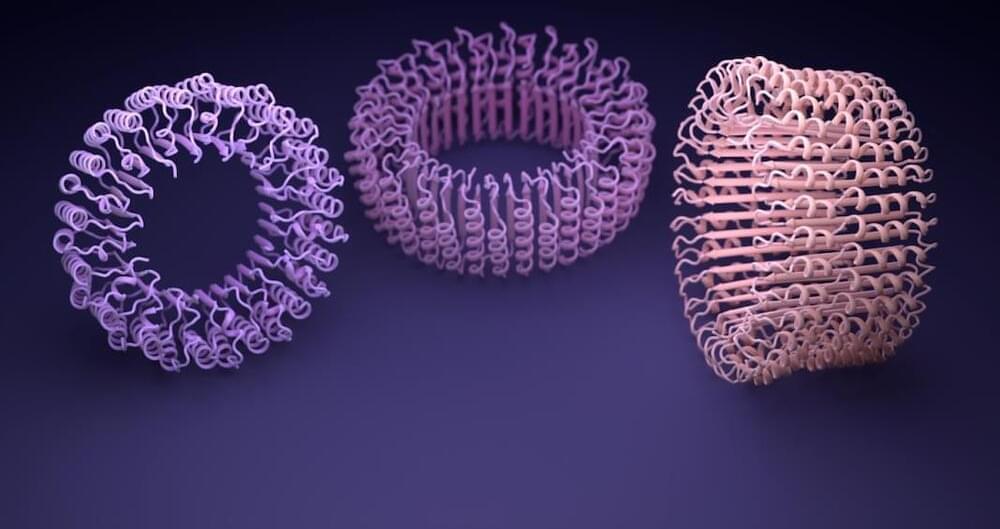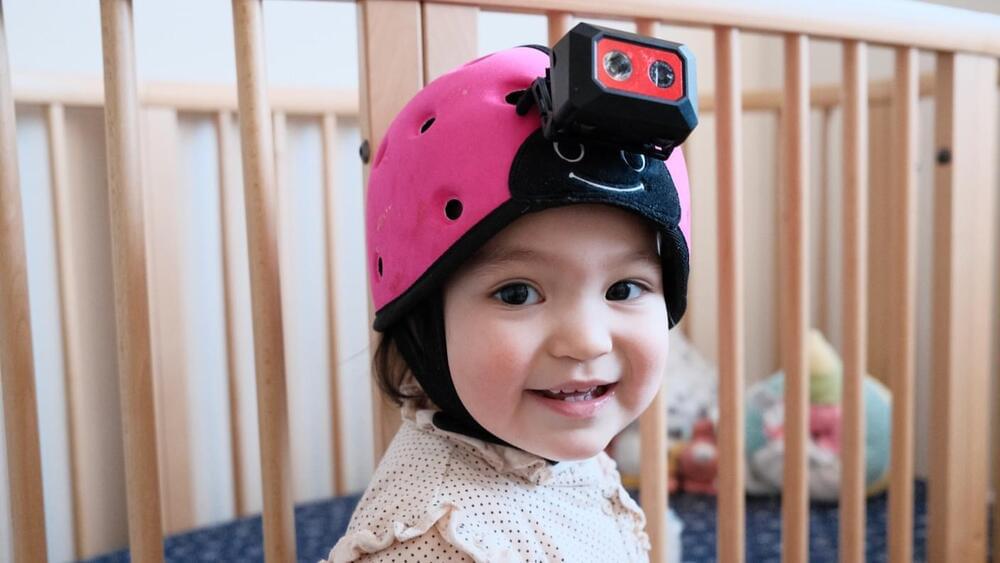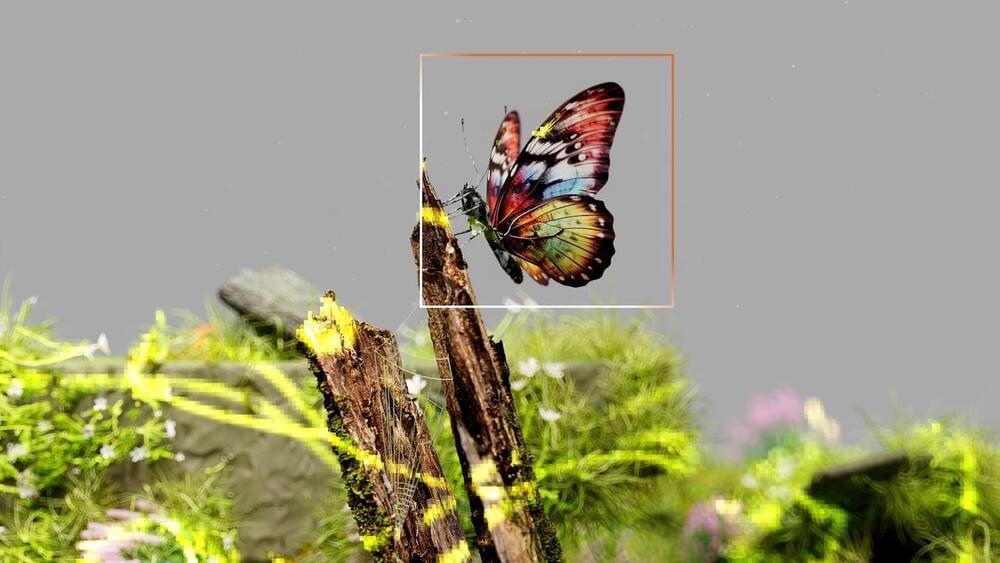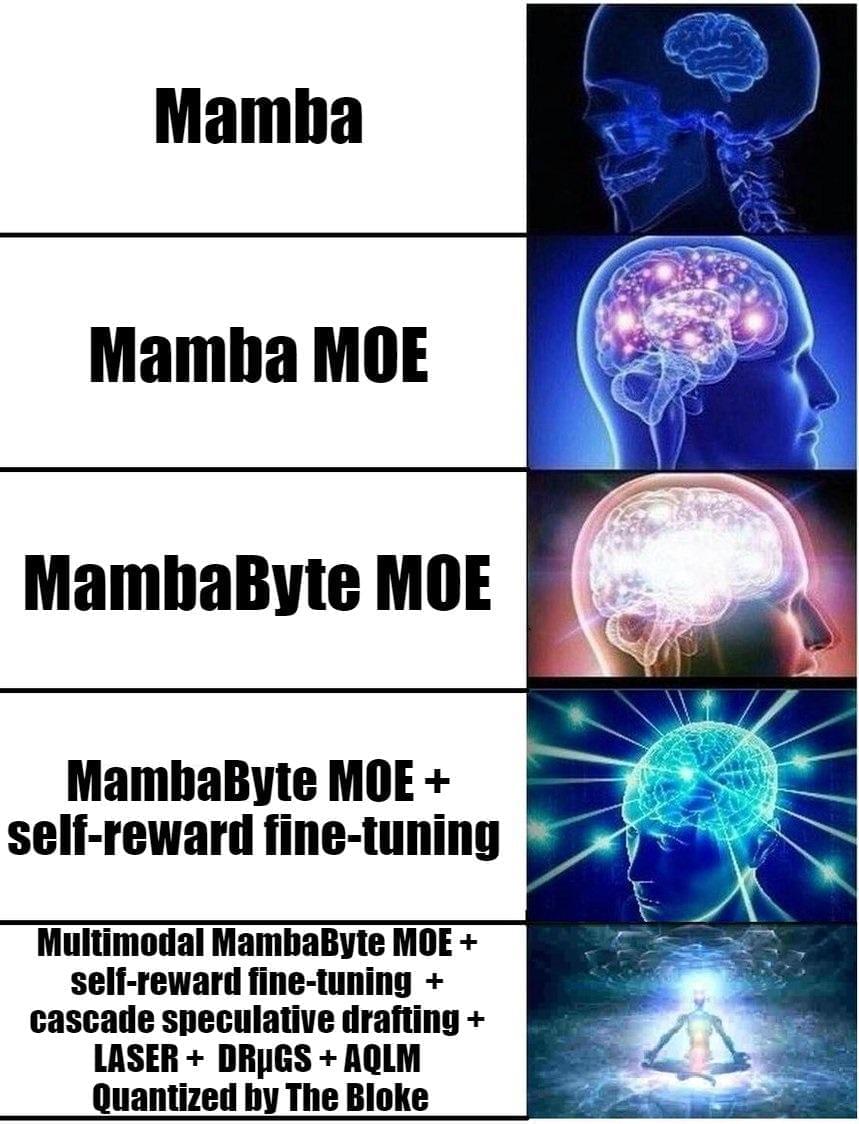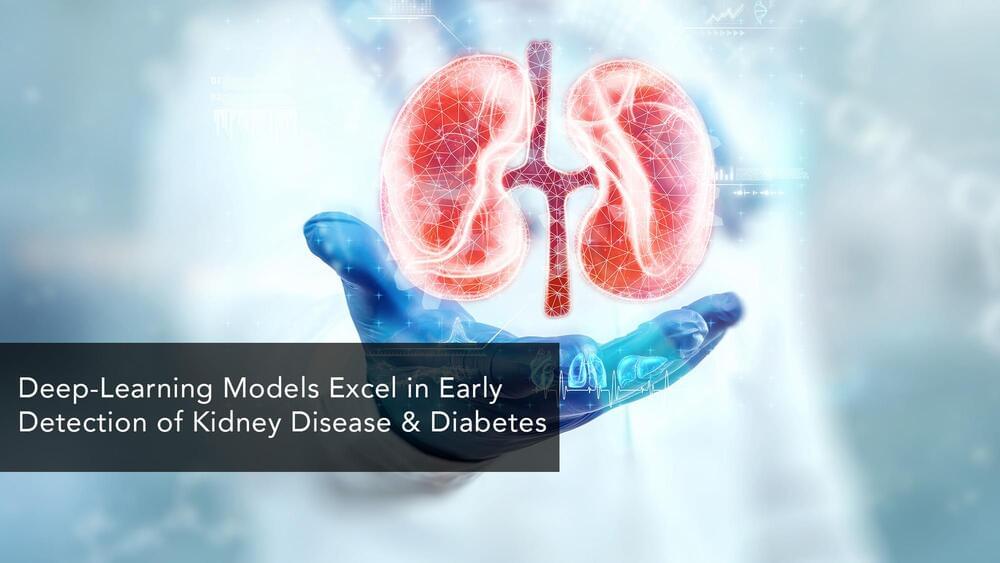Read about NASA’s new instrument for landing on other worlds!
Landing on planetary bodies is both risky and hard, and landing humans is even riskier and harder. This is why technology needs to be developed to mitigate the risks associated with landing large spacecraft on the Moon and other planetary bodies we plan to continue exploring, both in the near and distant future. This is what makes the Nova-C lunar lander from Intuitive Machines—which is scheduled to launch to the Moon on February 13 and also called Nova-C (IM-1) —so vital to returning humans to the Moon. One of its NASA science payloads will be the Navigation Doppler Lidar (NDL), which will serve as a technology demonstration for future landers to help them navigate risky terrain and land safely.
Image of the Navigation Doppler Lidar which will be a technology demonstration during the IM-1 mission. (Credit: NASA/David C. Bowman)
When NASA was landing robots on Mars in the 1990s and 2000s, they discovered that radar and radio waves were insufficient for accurate landing measurements, so the engineers had to come up with their own plan to land spacecraft on extraterrestrial worlds.
